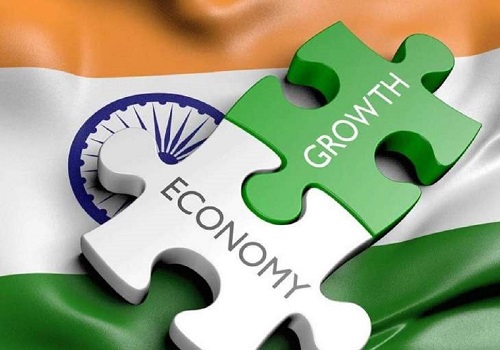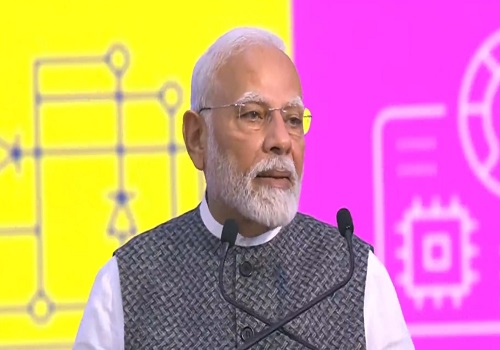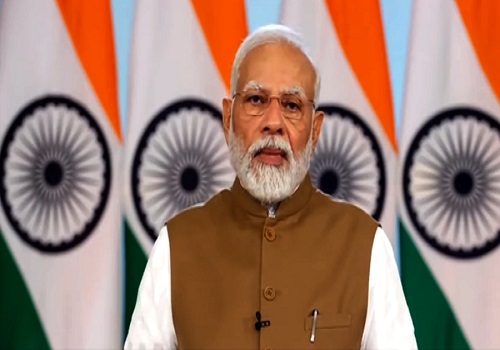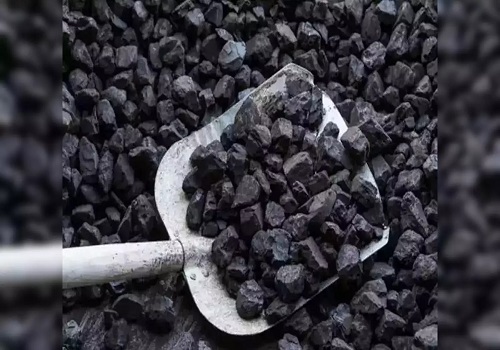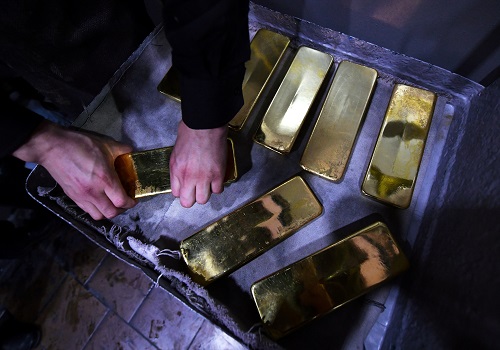Oil prices ease on fears of more rate hikes denting fuel demand
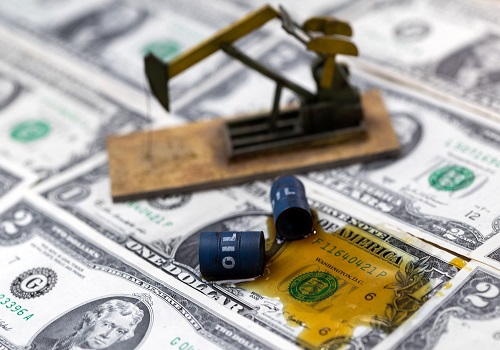
Follow us Now on Telegram ! Get daily 10 - 12 important updates on Business, Finance and Investment. Join our Telegram Channel
Oil prices eased on Thursday, paring some of the previous day's gains, as investors took profits on concerns that further interest rate hikes by central banks could dampen economic growth and global fuel demand.
Brent crude futures fell 27 cents, or 0.4%, to $73.76 a barrel by 0052 GMT. U.S. West Texas Intermediate (WTI) crude futures slid 21 cents, or 0.3%, to $69.35 a barrel.
Both benchmarks climbed about 3% on Wednesday after the U.S. Energy Information Administration (EIA) said crude inventories dropped by 9.6 million barrels in the week ended June 23, far exceeding the 1.8-million barrel draw analysts had forecast in a Reuters poll.
"The market turned around on renewed worries about further rate hikes in the U.S. and Europe, which will reduce global oil demand," said Hiroyuki Kikukawa, president of NS Trading, a unit of Nissan Securities.
Leaders of the world's top central banks reaffirmed on Wednesday they think further policy tightening will be needed to tame stubbornly high inflation but still believe they can achieve that without triggering outright recessions.
The U.S. Federal Reserve Chair Jerome Powell did not rule out further hikes at the central bank's next meeting while European Central Bank President Christine Lagarde cemented expectations for a ninth consecutive rise in euro zone rates in July.
Adding to pressure, annual profits at industrial firms in China, the world's second-biggest oil consumer, extended a double-digit decline in the first five months as softening demand squeezed margins.
Brent's six-month backwardation - a price structure whereby sooner-loading contracts trade at higher prices than later-loading ones - reached its lowest since December, indicating higher demand for immediate delivery.
"Behind the backwardation is the expectation that the immediate demand for fuels will stay firm as the United States has entered the driving season, but the global economy will slow down toward the second half of this year, reducing oil demand," NS Trading's Kikukawa said.

